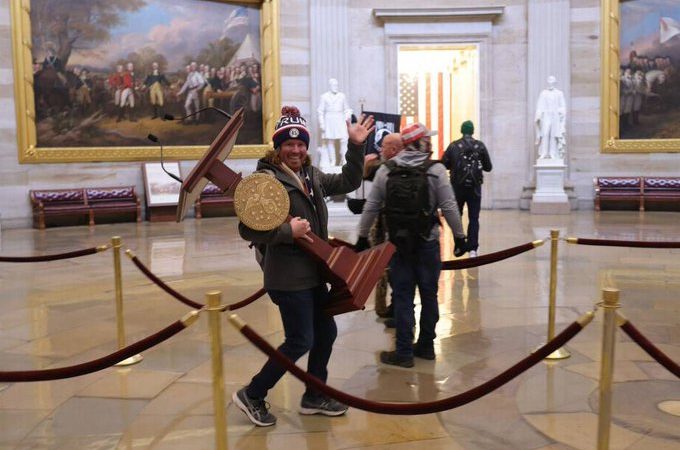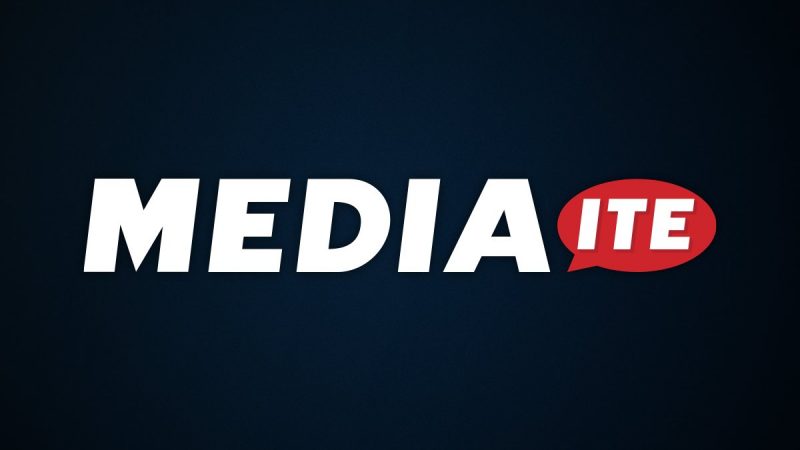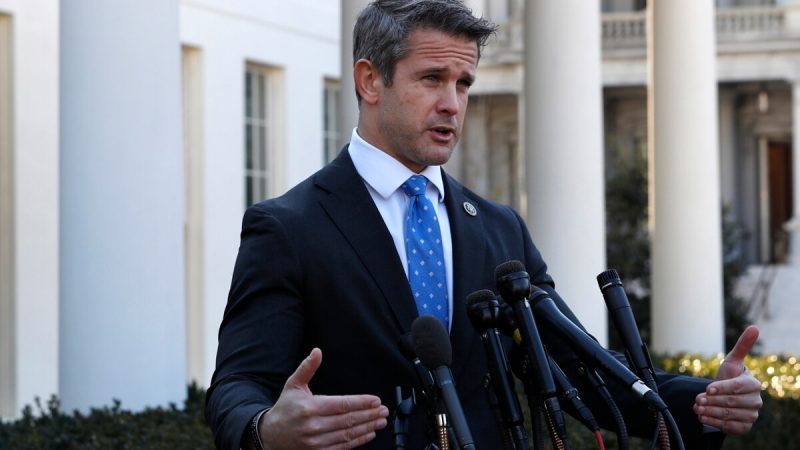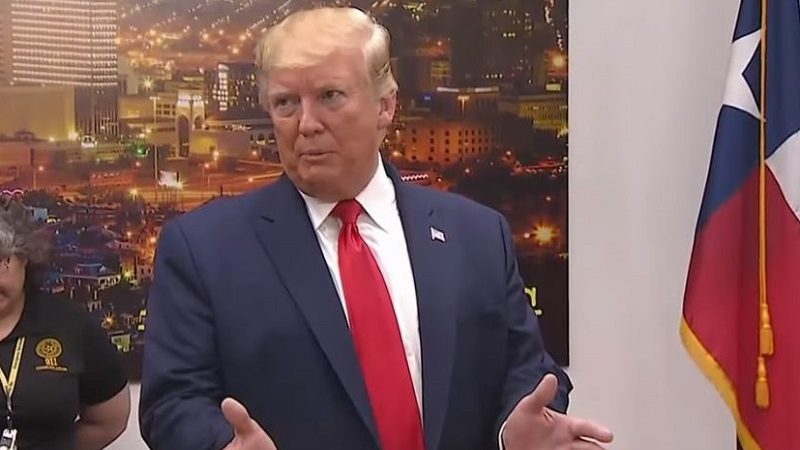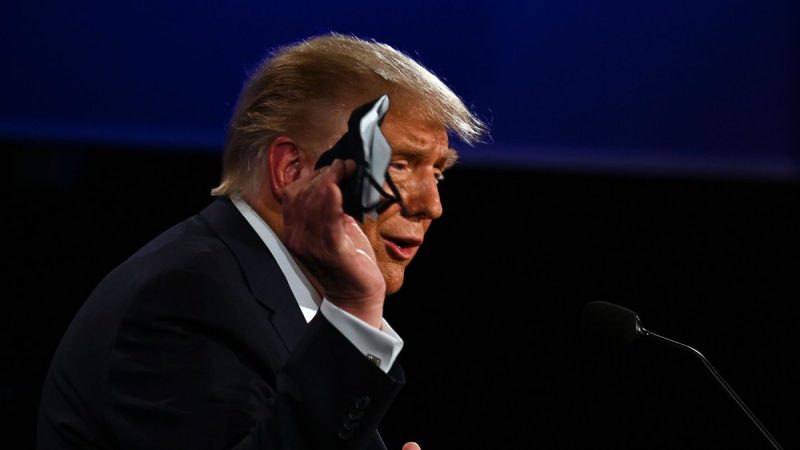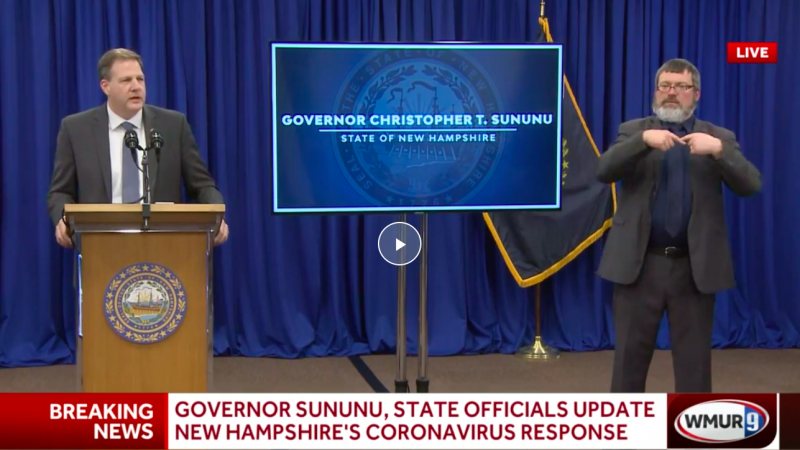Netflix Raises Prices by $1 — But For Subscribers, It’s Not About The Money

Netflix has cemented its place into American culture in the last decade, and much of the streaming services’ success is predicated on a few qualities that appeal most to a changing American lifestyle and entertainment culture. First off, people are universally sick of paying $40 –plus a month for cable services which are more than 25% ads (on average, about 16 minutes per hour of content is commercials, and shows are being sped up to accommodate more ad time) are increasingly comprised of repeats and reality-shows, and that come bundled with the worst customer service ever. Increasingly, people are preferring entertainment on their own schedule as well; and the phenomenon of binge-watching rather than waiting a week between episodes has become important, too. Netflix has provided much relief from the ills of the cable overlords, and for that we are grateful.
Many die-hard cord cutters checked their inboxes yesterday, however, only to find an email from Netflix announcing a one-dollar price increase for their streaming services. This is it, lovers of sy-fy originals and year-old T.V. shows everywhere thought; this is the beginning of the end – what’s next? Commercials, 20-dollar Netflix subscriptions? Is nothing sacred anymore?!
The user base of Netflix is extraordinarily sensitive to price changes—or actually changes in general – when it comes to the streaming giant. In 2011 when Netflix split its streaming and DVD services into two (where the DVD service would no longer be a $2 add-on but rather a $7.99 plan of it’s own, effectively raising the cost of the combo plan by $6) the announcement was widely recognized as a complete and utter clusterfuck for the business, which reportedly lost 800,000 subscribers in the aftermath. Netflix CEO Reed Hastings quickly reversed the decision and apologized, but the damage was done.
In May 2014, Netflix announced a $1 increase on the standard plan again – from $7.99 to $8.99 – which seems to have gone much more smoothly, or at least wasn’t followed with ship-jumping though many people weren’t happy. This time around, it’s a repeat of last year’s small and quiet price increase, but there is a lot of skepticism among users that the golden age of cheap, on-demand commercial free entertainment is going the route of cable, especially because Netflix users have started to notice “native advertising” – trailers for Netflix original series which play before your selection starts, which opened up a floodgate of fears about commercials coming to the service. Here are some comments from Netflix’s Facebook account from Thursday, October 8th, the day the increase was announced (there was no official post on the price change, but subscribers spoke out regardless):
“It doesn’t matter if it’s a “modest increase” or not. This is exactly what the cable companies started to do to consumers which caused the mass exodus of customers for them. The definition of insanity is repeating the same action over and over again and expecting a different result. Do you want to price yourself out of existence?”
I might have to cancel. Greed is bad, and this is just greed.
10 dollars a month to $12 a month to $15 a month to $20 a month, that’s what I see happening in the future.”
I called Netflix to ask what gives, and spoke with a rather convivial representative who spoke as though he had already answered these questions a hundred times today. To start, I asked what the price increase is about. I was told that Netflix is receiving feedback that users want more up-to-date content – an answer which is reflected in the official announcement released Thursday, which said: “To continue adding more TV shows and movies including many Netflix original titles, we are modestly raising the price for some new members in the U.S., Canada and Latin America.” He also explained that, since services like Netflix undermine the profits of cable companies and those companies also own the rights to much of the content that subscribers want, the price increase was partially due to the expense of renting and buying the rights to that content from the likes of Time-Warner and Comcast.
Next, I asked if this was a sign that Netflix was in any financial trouble, to which I was told that Netflix is “healthier than ever”. Accordingly, The company’s stocks went up by about 6% after the announcement on October 8th, and 2015 subscriber growth is looking very positive.
Finally, I asked if Netflix would ever show commercials, the way cable or Hulu does. “Never,” was the answer. The representative explained that the company is aware that the commercial-free model is the core feature that endears their business to subscribers, and it’s not changing — ever. Any ads shown, he said, are only for Netflix originals, only trailers and will never interrupt the streaming content.
Let’s hope that’s true. As for why Netflix users are so touchy about even the most minimal changes, while the public remains blasé about more severe increases in other industries, including cable; that could be explained by something called “categorical change”. Planet Money, a finance podcast, featured University of Pennsylvania business professor Uri Simonsohn in an episode called “The Power of Free” (a link to the full episode is here)He explains: “Imagine, for Thanksgiving, you go to your parents’ for dinner and after a nice dinner they say, ‘That’s going to be $10 per person’… You would be upset.” The issue with Categorical Change isn’t that the price is too much; but rather that the parameters of the relationship between the (now) seller and buyer have been changed, and that feels like betrayal. We accepted Netflix not just as a source of cheap and quality entertainment, but as a way to “stick it to the man” — the peoples’ alternative to the evil media – and that’s why a couple bucks matters so much to subscribers.
So Netflix, listen up: This isn’t about the money, it’s about you and me. We already know Cable is a cheating, conniving bastard; but we thought you were different. If you betray us, I’m afraid it will just be too much heartbreak to bear… and we will have to go our separate ways. – Love, your subscribers.

